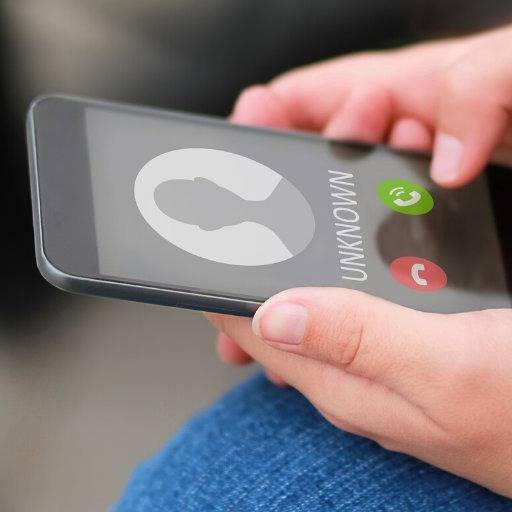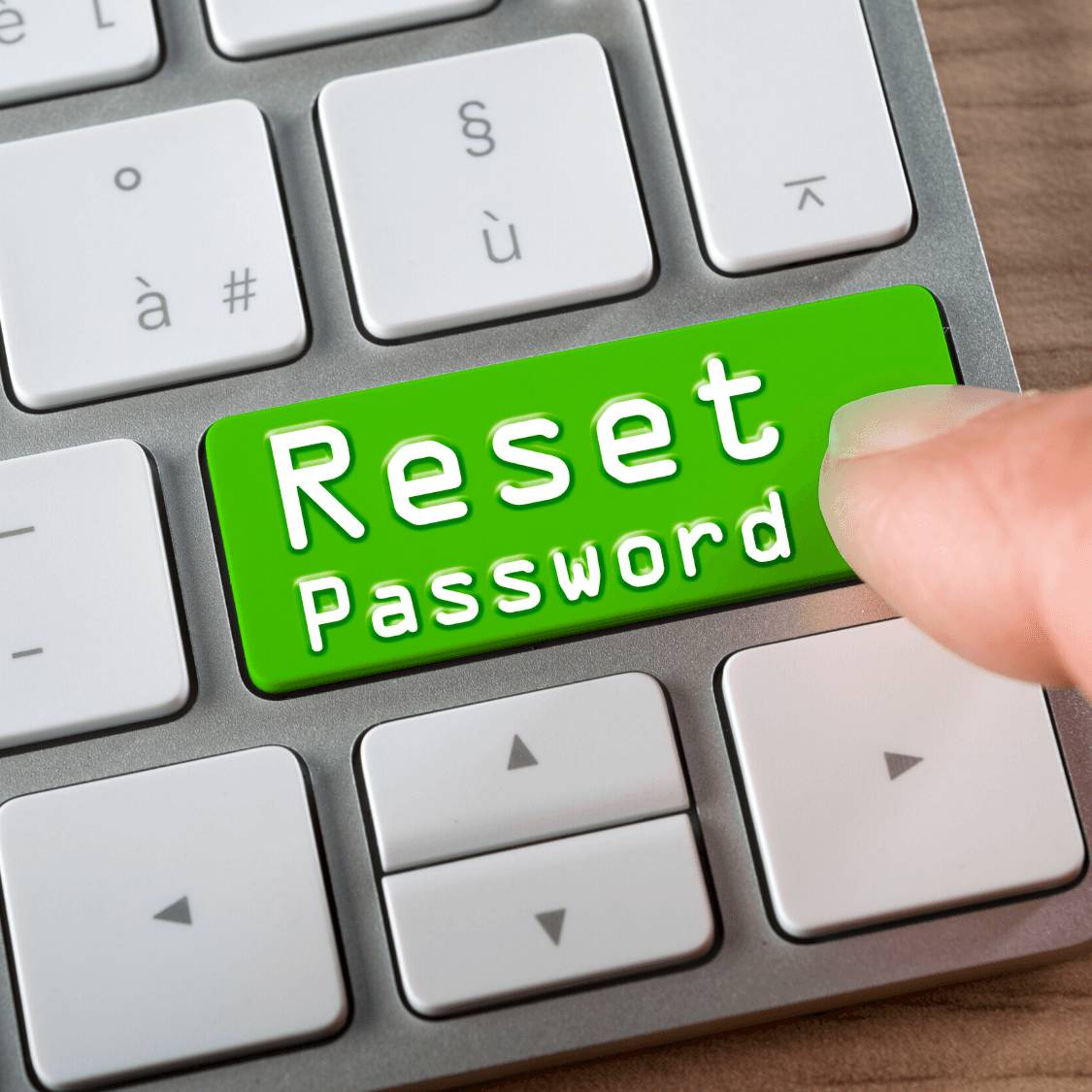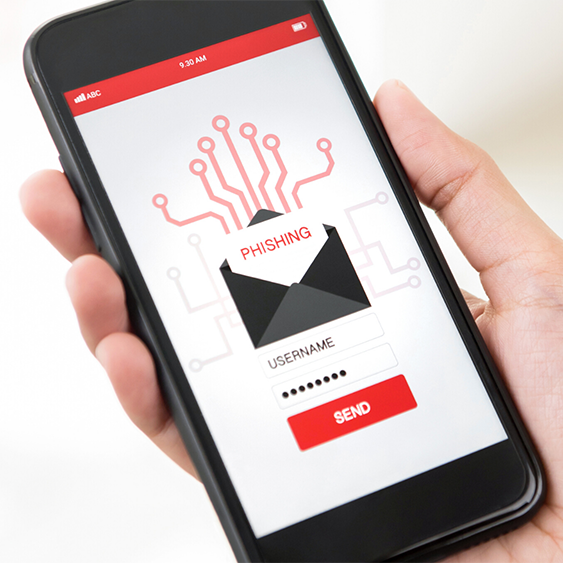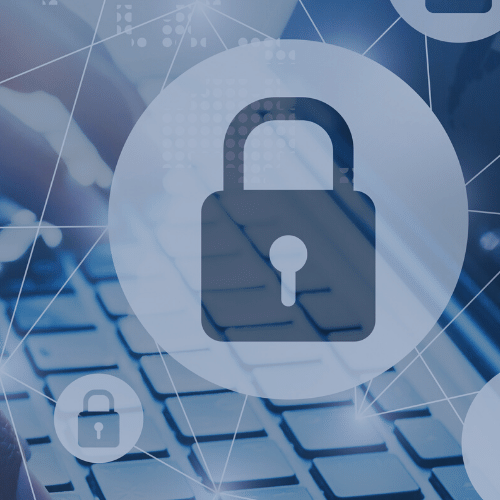You’re accessing archived content
This is archived content from the UIT website. Information may be outdated, and links may no longer function. Please contact stratcomm@it.utah.edu if you have any questions about archived content.
COVID-19 crisis keeps ISO teams busy
At the University of Utah and University of Utah Health, the Information Security Office’s (ISO) mission is to identify and respond to security incidents, conduct forensic data analysis, provide identity services, supply education and training, and much more.
On a typical day, that’s more than enough to keep the ISO teams occupied. Amid the current pandemic, however, ISO teams are busier than ever, dealing with COVID-19 scams and related security risks, as well as the realities of remote work and instruction.
But the ISO can’t do it alone. It relies on the U community to stay vigilant and informed.
Below is a roundup of recent messages and guides published by the ISO to raise awareness about COVID-19 security risks, and to assist and protect U users while they work and learn remotely.

Stimulus payment scams
In recent weeks, the Internal Revenue Service (IRS) has reported a surge of scams that aim to steal taxpayers’ money or personal information, using the U.S. government’s economic impact payments as leverage. Although the university hasn’t yet been targeted, U community members still could be directly affected by these scams.
“A lot of criminals are out there doing their worst in a very hard time,” said Colby Gray, associate director for Cybersecurity Operations.

Identity verification
Because the Office of the Registrar and Marriott Library Knowledge Commons Service Desk are closed, in-person verification for password resets is currently unavailable. Instead, the Campus Help Desk is handling password resets remotely.
To assist in this process, the Identity Access & Management team is asking users to update their security profiles.

Zoom-bombing
As universities have turned to online collaboration tools like Zoom, so too have malicious actors.
These uninvited guests often disrupt sessions with unwanted images, videos, chat messages, and posts — a practice known as “Zoom-bombing.” The Governance, Risk & Compliance (GRC) team encourages users to review their settings and follow Zoom’s recommended best practices.

COVID-19 scams
“If there's one thing we know about cyber adversaries, it's they're adaptive and reactive," Global Threat Alliance President and CEO Phil Reitinger recently said in an interview with Information Security Media Group about COVID-19 threats.
He’s right. The COVID-19 outbreak has created a new opportunity for criminals, and they’re taking advantage of it — through phishing, fake text messages, robocalls, etc. The goal is to trick or persuade you to do something you normally wouldn’t, such as share personal information, click on a malicious link, or buy fraudulent goods.

COVID-19 phishing attacks
In recent weeks, the Security Operations Center has identified and pulled thousands of COVID-19 phishing attempts targeting the U community. And the attacks keep coming.
"Phishing keeps me awake at night," said Colby Gray, associate director for Cybersecurity Operations.
That’s why it’s extremely important that U students, faculty and staff continue to scrutinize official-looking emails before opening them, clicking links, or responding.

Telecommuting best practices
There’s a stark difference between working on campus and working from home, particularly when it comes to information security risks. But some simple preventive measures, and the U policies and rules that aim to prevent cybersecurity incidents remain the same regardless of location.
Become a Security Champ
The Information Security Office (ISO) is still seeking Security Champs to promote information security best practices in their departments, colleges, offices, research groups, and centers. For more information, visit the Security Champs Program website. Interested in joining? Email ISO-GRC@utah.edu.
Node 4
Our monthly newsletter includes news from UIT and other campus/ University of Utah Health IT organizations, features about UIT employees, IT governance news, and various announcements and updates.
